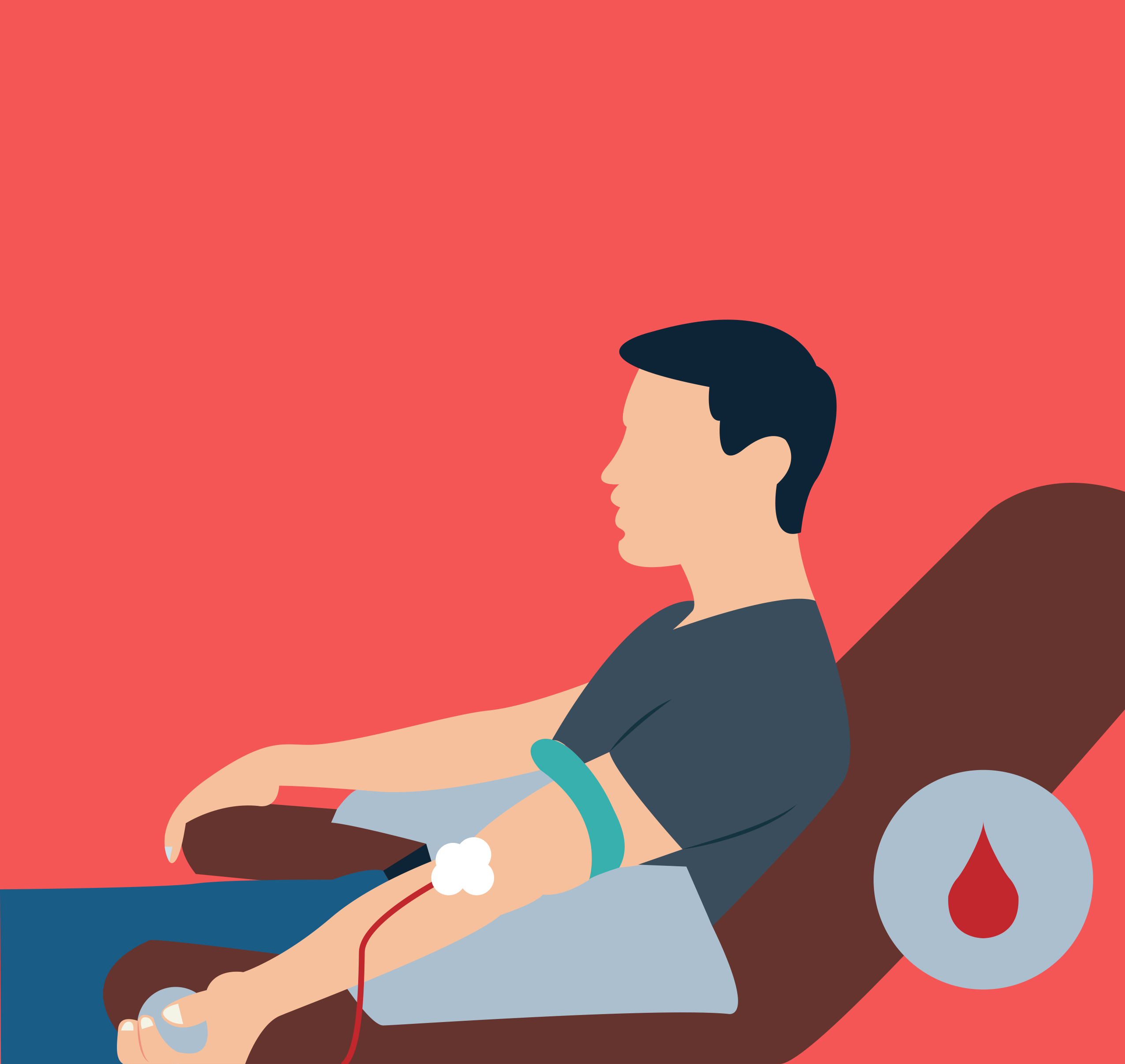Busting Myths About Donating Blood
People always have reasons and excuses for not donating blood. There’s always that one time you wanted to donate blood but you heard someone say something risky and you backed out. This article busts ten such myths.

What comes to your mind when someone says blood donation? That one time you wanted to donate blood when your college organized this blood donation program but you heard someone say something scary and you backed out? What’s holding you back from being a blood donor? You’ve probably heard many Dos and Don’ts, but how much truth do they really hold? Let's bust these 10 myths about blood donation that’s been holding you down!
Myth 1: Blood donation hurts
Fact: The only pain one feels when donating blood is the needle prick. Besides the pain from needle prick, there is no other pain. Within a day or two, the pricked part on the arm heals. The weakness after the donation can be dealt with by drinking plenty of water, juice or energy drinks and eating.
Myth 2: Smokers can’t be blood donors
Fact: Being a smoker doesn’t stop you from donating! However, you must be at least 17 years old and weigh at least 50 kilograms. Also, you should avoid smoking for three hours after donating blood and also stay away from alcohol for 24 hours.
Myth 3: Blood donation makes the immune system weak
Fact: While the Red Blood Cells return to normal within a few days, the White Blood Cells take a few weeks, However, if the body finds itself in danger, they can be produced quickly. So there is not much of a lasting threat to the immune system when you donate blood.
Myth 4: Blood donors grow obese
Fact: Your body weight remains unaffected unless you decide to treat yourself with too much junk food post-donation, which is entirely your responsibility and has nothing to do with blood donation, so stop looking for excuses!
Myth 5: People with seasonal allergies aren't eligible for donating blood
Fact: Seasonal allergies have no association with blood donation, just like any other mild cold and cough does not affect your daily routine. So, "I have a cold," is an absolutely lame excuse for not giving your blood to someone who needs it.
Myth 6: Women can’t donate blood
Fact: “Women bleed every month anyway, so they shouldn't” is the most absurd logic. Women have a lower hemoglobin count than men due to their biological setup so this could be a more logical argument. But women naturally survive in lower hemoglobin levels. So, blood donation affects them the same way that it would affect a man. Thus, unless women are pregnant, lactating, anemic, or suffering from some medical issue that lowers hemoglobin count -- they can donate blood.
Donating blood while on period may sound very lethal but the fluid that women lose during their period is the lining of their uterus that has been thickening but is not needed, so it really doesn't have anything to do with blood that may be donated. According to the Community Blood Center of the Carolinas and the Australian Red Cross, it is safe to donate blood when on period. Some people may experience pain in their arm or lightheadedness after giving blood. As a woman, you are the only person who can gauge what your body can handle so it’s up to yourself really.
Myth 7: A blood donor is prone to HIV
Fact: As long as a fresh needle is used for each blood donor, there is no chance of an infection that is usually assumed to be transferred from needles -- like HIV.
Myth 8: A one-day rest is required after donating blood
Fact: You can actually resume your daily activities almost right after donating blood as long as you make sure to drink enough water and juices to replenish your body fluids. Also, alcohol should be avoided and direct sunlight for 24 hours is not advised. Still, donating blood doesn't give you enough of an excuse to bunk your daily chores!
Myth 9: High BP patients cannot be blood donors
Fact: People with blood pressure between 180 systolic and 100 diastolic are eligible to donate blood. As high as this frame may seem, it does not isolate you from donating blood. Furthermore, blood pressure medicines also do not interfere with the process at all.
Myth 10: Blood donation isn't for vegetarians
Fact: Vegetarians are assumed to have lesser amounts of iron in their bodies which is directly related to our body's hemoglobin. Although meat-based foods are typically higher in iron count and is responsible for the hemoglobin creation, the Indian vegetarian's diet has a lot of sources for adequate iron such as green leafy veggies. So, while the type of diet is your choice, you can still donate blood.


